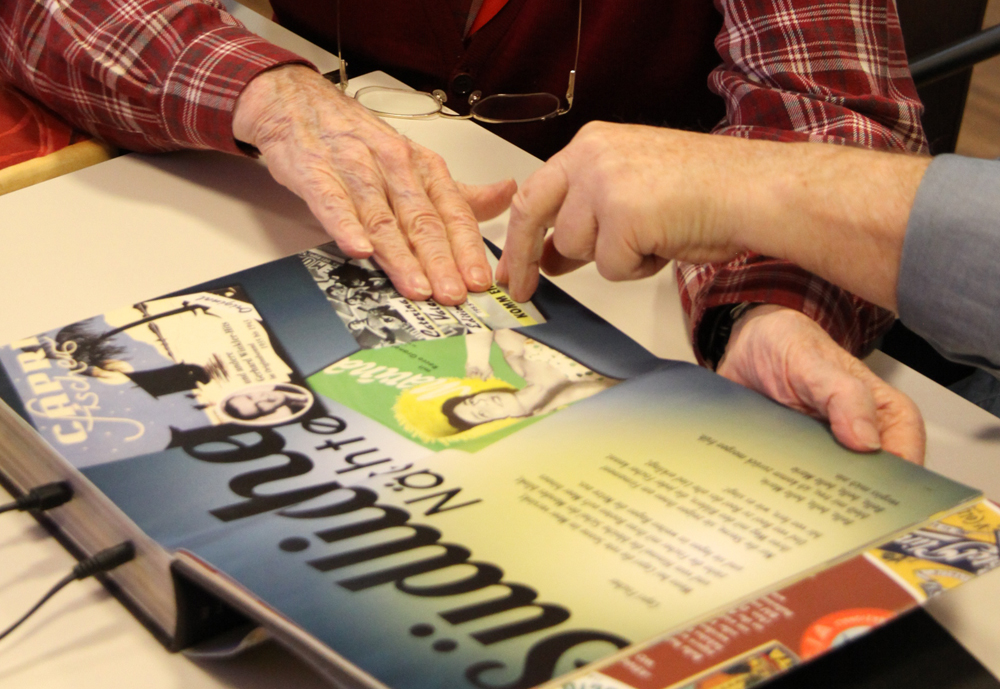
Research Approach
Digital technologies provide great potential for healthcare applications. However, the healthcare system is complex involving many stakeholders with diverse backgrounds. Therefore, we believe digital health applications can only be developed and appropriated successfully if we consider these stakeholders’ needs and values early on and throughout the design process. Co-creation provides a framework to do so. We are skilled in executing user research studies (ranging from surveys, interviews, focus groups to cultural probes, experience-sampling or diaries), involving stakeholders in the creative phase of application development through co-design workshops, building prototypes (from websites, apps to interactive objects) and finally, evaluating applications (in the lab or in the field).
Beyond the application of existing methods, we work on addressing remaining methodological challenges in the field of co-creation. Core research questions revolve around participation of vulnerable populations (e.g. people with dementia, children, patients), contextualizing participatory design and creating sustainable co-creation setting that go beyond the involvement in single projects.
A lot of research has been done in the area of ambient assisted living, which aims at supporting older citizens to live at home as long and independently as possible. While such technologies are often functional and can be life-saving, we also see a technology push and stigmatization of the elderly in this area. In addition, there is a vast unused potential in the professional care of older citizens. In particular, we focus our research on the psycho-social aspects of care in professional care and informal care. How can isolated citizens feel connected to others? How can technology mediate communication of people with dementia? How can loved ones care for their older relative over a distance using unintrusive technologies?
Given the sedentary and busy lifestyle many of us have nowadays, we are prone to health problems, e.g. back issues, stress-related illness, and chronic disease. In order to prevent or mitigate these negative consequences, we focus on designing interactive applications that can help us manage a healthy lifestyle and provide stress relief. In this area we consider it important to design technology to be engaging and built on positive psychology rather than persuasion or being paternalistic.
Therapy is wide field, ranging from cognitive exercise (e.g. for people with neurological disorders) and psycho-social therapy (e.g. reminiscence therapy for people with dementia) to physical therapies (physio, ergo etc., or combinations of these. Nevertheless, they do have in common that they are only effective if people adhere to them. Often people have to practice by themselves at home. Motivation over long periods of time is a key factor. Therefore, we consider it important to design technologies in an entertaining way on the one hand, but also in a way that they fit seamlessly into people’s daily practices.


